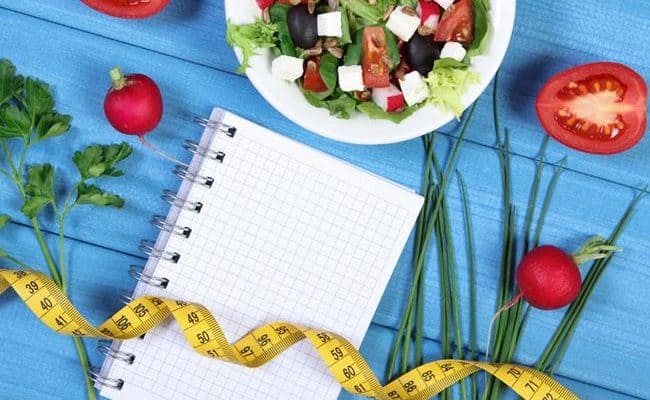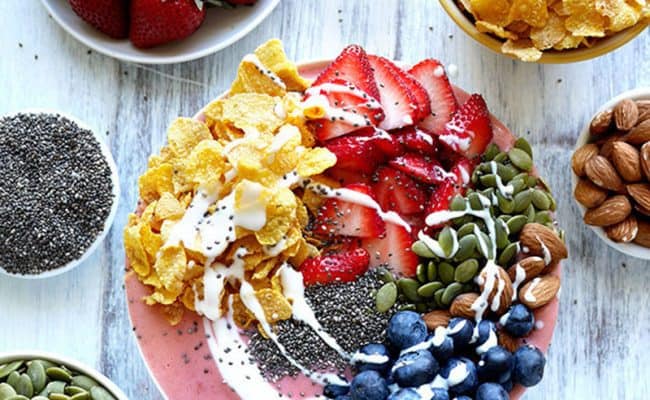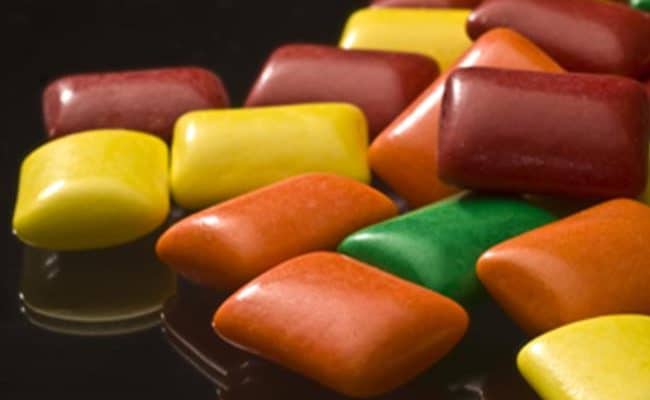
Losing weight takes dedication and change. There are many diets, supplements, exercise plans and programs people can be a part of to lose weight. However, there are some common healthy themes that can work no matter how you decide to lose weight.
Here are some rules you shouldn’t break during your weight loss journey if you want to be successful.
Rule 1 – Be consistent
This may be the most important when going through weight loss. Losing weight can be very motivating to stick with healthy food intake and exercise habits. However, when the inches aren’t being lost nearly as fast as when you first started, it can get more challenging to stick with new weight loss habits.
It is during times when you feel “stuck” or feel like it is too challenging to keep up with new diet and exercise habits to dig deep and stay consistent with your weight loss steps. Breaking through a weight loss plateau may be around the corner if you stick with it.
On the other hand, after you reach your target weight goal, you also still need to stay consistent with your healthy habits. Sometimes people think they can go back to unhealthy living after they have reached their weight loss goal. By not being consistent, you drastically increase the risk of not keeping your weight loss goals.
Rule 2- Don’t skip meals
Skipping meals, or feeling like you need to starve yourself, is not healthy for long term weight loss. Many weight loss programs and weight loss advice suggest eating regular meals and not going long gaps in between meals.
This is an important weight loss step that shouldn’t be over looked. When you go long periods without eating, you increase risk for over eating at your next meal which can hinder weight loss efforts. It usually doesn’t save you calories in the long run and can cause greater insulin and glucose spikes.
The key is listening to your body. Eat when you’re hungry, stop when you’re full. Don’t bypass your body signalling you to eat, but recognize when your body is telling you to refuel or if it’s just your mind playing tricks on you.
Rule 3 – Cut out the processed foods
Weight loss involves cleaning up your diet which means cutting out refined carbohydrates like crackers, cookies, chips, sweets and sweetened beverages. Most foods in a box or bag can be considered processed foods.
Cutting out extra sugar is key for weight loss, and it is important for the long haul when maintaining your weight. This is something you can’t really get around and shouldn’t be over looked.
Beware of weight loss programs that advocate “fake food”- processed food that has their company label on it and is packed with artificial ingredients. Natural foods are always best.
Rule 4 – Exercise
Some weight loss supplements advertise you can lose weight while not exercising or changing your diet. While it sounds good, it really is too good to be true for long term results. Most people and sound weight loss advice recommend exercise for general health but especially when looking to lose weight.
Exercise should not be over looked. While it takes a combination of exercise and healthy diet for weight loss, exercise may be especially important for weight maintenance. Even when you don’t feel like exercising, don’t compromise your routine.
Rule 5 – Fuel your body with nutrients
It’s not just about how little you should or shouldn’t eat during weight loss. Quality is just as important as quantity. As mentioned, processed foods are usually high in sugar and can contain other artificial ingredients.
You need to fuel your body with the right nutrients like vitamins, minerals, water, fiber, protein and phytochemicals during weight loss. This can easily be done by eating a wide variety of fruits, vegetables, grains, nuts, beans, lean proteins and healthy fats.
It’s important to eat nutrient dense foods to supply your body with the proper nutrients for overall health and to help lower inflammation in the body. This principle will never go away in terms of importance for overall health and to support healthy weight loss.
Rule 6 – Don’t skimp on the fiber
One of nutrition’s super stars is fiber. Fiber helps keep you full longer (which could lower calorie intake at later meals), can help stabilize blood sugar levels, is important for digestive health and can help lower cholesterol.
Eating high fiber foods can be very helpful for weight loss. You can fill up with a high volume of fibrous food without a high amount of calories. Adequate fiber intake during weight loss should remain high. Fiber rich foods include fruits, vegetables, nuts, grains and beans.
Conclusion
While there are many options to lose weight, some weight loss rules should never be compromised. Consistency for weight loss is vital for long term success; don’t overlook this simple step. Avoiding skipping meals is important for lowering over eating and blood sugar spikes, and limiting processed foods is a given for weight loss.
Exercise should never be compromised (unless for a health condition), and it’s important to eat foods rich in nutrients during weight loss. Quality is just as important as quantity.










